EVENT
Event News
Lecture by Prof. Weihua Zhuang from University of Waterloo: "Spectrum and Energy Efficient MAC for Wireless Ad Hoc Networks"
Date:
January 16 (Tuesday)
Time:
13:30-15:00
Place:
National Institute of Informatics
Room 2010
Title:
Spectrum and Energy Efficient MAC for Wireless Ad Hoc Networks
Speaker:
Prof. Weihua Zhuang
Weihua Zhuang has been with the Department of Electrical and Computer Engineering, University of Waterloo, Canada, since 1993, where she is a Professor and a Tier I Canada Research Chair in Wireless Communication Networks. Her current research focuses on resource allocation and QoS provisioning in wireless networks, and on smart grid. She is a co-recipient of several best paper awards from IEEE conferences. Dr. Zhuang was the Editor-in-Chief of IEEE Transactions on Vehicular Technology (2007-2013), and the Technical Program Chair of the IEEE VTC Fall 2017 and 2016. She is a Fellow of the IEEE, the Royal Society of Canada, the Canadian Academy of Engineering, and the Engineering Institute of Canada. She is an elected member in the Board of Governors and Vice President Publications of the IEEE Vehicular Technology Society.
Abstract:
The increasingly growing number of mobile devices and volume of mobile data traffic necessitate establishing an effective self-organizing wireless ad hoc network to efficiently utilize radio spectrum and energy. In this seminar, we present recent studies on how to dynamically coordinate the transmissions time and bandwidth based on instantaneous traffic load of the links in the network. First, we present a new energy-efficient medium access control (MAC) scheme for a fully connected wireless ad hoc network. Energy consumption is reduced by periodically putting radio interfaces in the sleep mode and by reducing transmission collisions. Second, we present a novel distributed MAC scheme based on dynamic space-reservation to effectively coordinate transmissions in a wireless ad hoc network. For each scheduled transmission, a proper space area around the receiver node is reserved to enhance spatial spectrum reuse. Third, we study joint scheduling and transmission power control in a wireless ad hoc network. Based on an asymptotic analysis, we propose a novel scheduling and transmission power control scheme to approach the maximum spectrum efficiency, subject to an energy consumption constraint. Simulation results demonstrate that the proposed solutions outperform existing MAC protocols.
Contact:
Yusheng Ji (kei(at)nii.ac.jp)

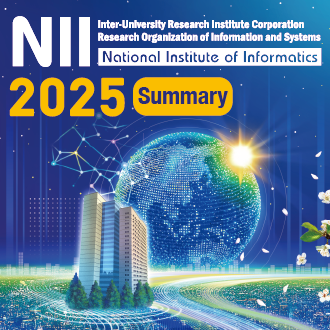 Summary of NII 2024
Summary of NII 2024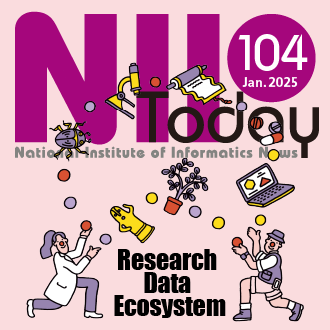 NII Today No.104(EN)
NII Today No.104(EN)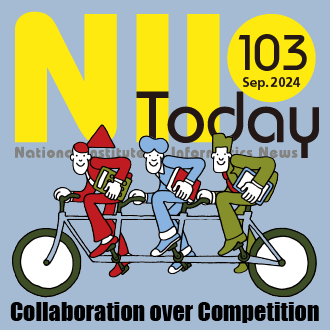 NII Today No.103(EN)
NII Today No.103(EN)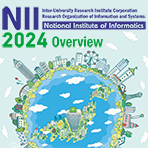 Overview of NII 2024
Overview of NII 2024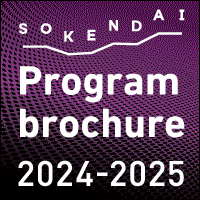 Guidance of Informatics Program, SOKENDAI 24-25
Guidance of Informatics Program, SOKENDAI 24-25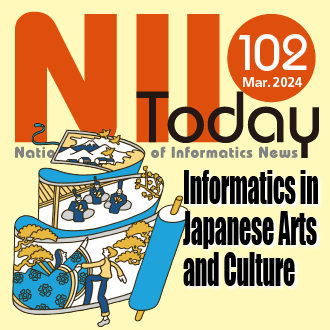 NII Today No.102(EN)
NII Today No.102(EN) SINETStream Use Case: Mobile Animal Laboratory [Bio-Innovation Research Center, Tokushima Univ.]
SINETStream Use Case: Mobile Animal Laboratory [Bio-Innovation Research Center, Tokushima Univ.] The National Institute of Information Basic Principles of Respect for LGBTQ
The National Institute of Information Basic Principles of Respect for LGBTQ DAAD
DAAD
